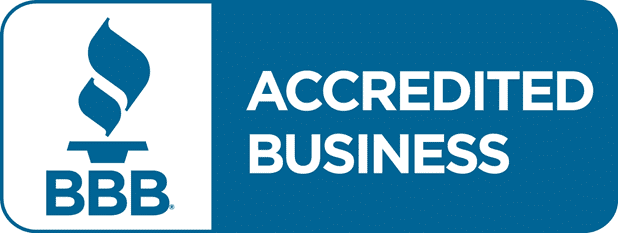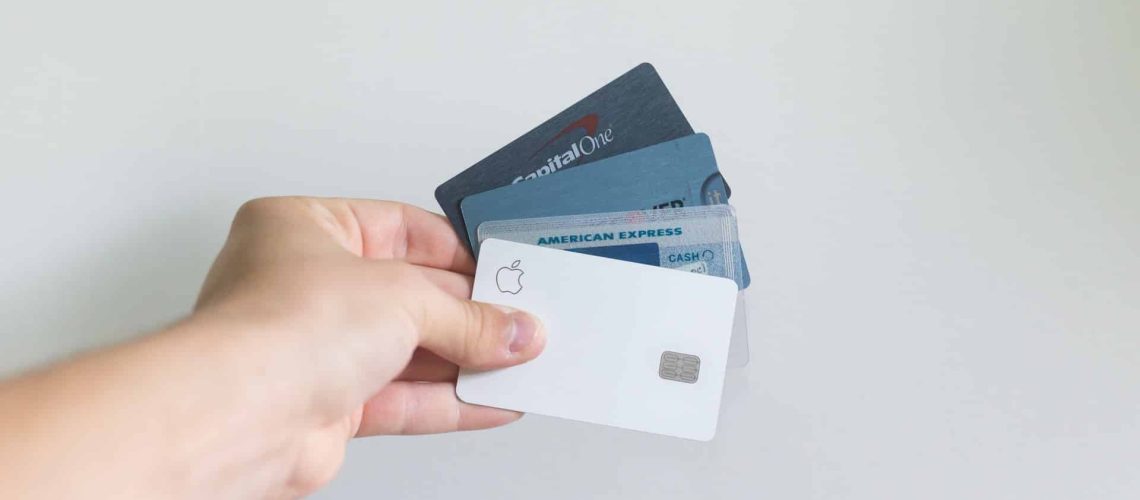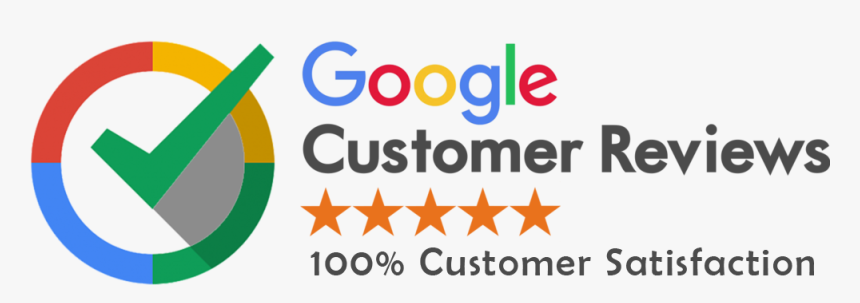Like other debt relief methods, debt consolidation can have a significant negative impact on your finances. Whatever you decide, the process of paying off your debt will probably have an impact on your financial situation.
On the other hand, debt is the worst enemy of all. Your credit score will suffer greatly if you don’t take steps to pay it off, and getting approved for a new loan will be extremely difficult. Additionally, dealing with bothersome creditors is something that nobody wants to do. You are putting yourself in a position to be financially successful and content in the future by combining your debts.
Here are a few things to think about before consolidating your debts from different credit cards.
How does debt consolidation affect your credit score?
Your credit score will probably remain unchanged if you choose debt management. However, because it will show that you are signed up for a debt management program, your credit report may be impacted. You might also have your credit accounts frozen, and while you’re enrolled in the program, you can’t get a new loan.
Lenders who offer debt consolidation loans must run a hard inquiry on your credit report. This will reduce it momentarily. On the plus side, the interest rate on your new loan may allow you to save money. Making loan payments on time is key to building up your score.
A balance transfer could cause the credit pull to slightly lower your credit score. This, however, is only a passing circumstance. With this type of consolidation, you can pay off your debts without worrying about expensive finance fees because you can benefit from months of low to 0% interest rates.
All of your payments will be applied to the principal balance, which could help you reach debt freedom much sooner. Just be sure to settle the debt before the promotional rate of interest expires and soars.
When it makes sense to consolidate credit card debt
● Setting up your Debt Repayment Schedule. Debt consolidation primarily helps you combine several credit card accounts into one with a lower rate. Sometimes all you actually require is a debt relief plan that enables you to make payments that are less than what you owe.
● Paying off the Balances on your Credit Cards. Essentially, consolidation entails reorganizing your debt payments. Although it does not lower the balance, it can lower the interest rate and make managing your debt easier.
● Generating a Steady Income. Without the ability to depend on your income, simply having one is not enough. In fact, it’s possible that most debt consolidation options require this. If you can’t demonstrate stability, you can’t apply for a new loan or credit card because the lender needs to know you’ll be able to repay it.
● Not Having Enough Time to Keep Track of Every Account. When you are too busy to keep track of all your accounts, consolidating credit card debt is a good idea. Dealing with different lenders and interest rates can be very stressful. Missed payments, late fees, and penalties can also result.
Debt consolidation may be your best option for paying off your debt if you can relate to one or more of these scenarios. A debt coach from Allied Enrollment Centers can walk you through all your options if you’re still unsure. They can assist you in making decisions and on your journey, and the initial consultation is free.
When it doesn’t make sense to consolidate credit card debt
Although debt consolidation is an acceptable method of debt repayment, there are a few reasons to rule it out:
● You Don’t Address the Root Cause of Your Debt. Consolidating debt won’t address the underlying issue of wasteful spending. You might end up right back where you started, if not worse, because it only treats the symptoms. Remember that you are only reorganizing your debt; it still needs to be paid off. You still have a long way to go before you can say you are completely debt-free. It’s critical to identify the factors that contributed to your debt in the first place and modify your spending practices accordingly. If it was brought on by an event that was out of your control, such as a job loss or illness, changing your spending habits is not relevant to you.
● A Lower Interest Rate is not Possible. Your choice to consolidate should be influenced by the interest rate. A low interest rate will enable you to make payments at a lower cost. Avoid taking out a consolidation loan if the interest rate is higher than the average of your current debts. Least of all, not yet. Keep working on finding a beer interest rate on your loan.
● Your Main Priority is to Reduce your Monthly Payments. Although it depends on what you plan to do with the extra cash, there is nothing wrong with wanting to lower your monthly payments. Your repayment period will be lengthened by lower payments. Additionally, you would be better off paying off your loan earlier if you didn’t put the money to good use.
● You are Unaware of the New Loan’s Regulations. Finally, if you don’t know what debt consolidation entails, you shouldn’t do it. Make sure you understand what you are getting into whether you planned to consolidate using a loan, a balance transfer card, or a credit counselor. Knowledge is the best defense against financial mistakes.
The first step toward debt freedom is selecting the ideal debt consolidation loan. Sites like toptenreviews on debt consolidation have the data you need to make an informed choice.





